Tea is important to many cultures and is the most widely consumed beverage in the world (aside from water). It has been used for centuries in traditional medicine and is often used as a home remedy for ailments, like digestive problems, stress, and insomnia.
But can a cup of tea actually relax you and improve your health? Pour yourself a cup and let’s explore the research.
Types of Tea
“True” teas are produced from tea leaves from the camellia sinensis plant. The main types of teas (listed in order from highest to lowest caffeine content) are:
- Black tea
- Oolong tea
- Green tea (including matcha, which is a powdered green tea)
- White tea
Herbal teas are made from herbs and/or spices. Most herbal teas are caffeine-free. Some herbal teas are actually blends, which can contain a mix of herbs and spices. Be sure to check the label on your tea if you have allergies or food sensitivities.There are countless types of herbal teas and blends, but some of the most popular herbal teas are:
- Chamomile
- Peppermint
- Hibiscus
- Rooibos
- Lemon balm
- Ginger
- Cinnamon
- Lemongrass
- Jasmine
- Rosehip
- Passionflower
- Valerian
- Lavender
Benefits of tea
Research supports some key physical and mental health benefits of drinking tea, including:
- Stress
Drinking tea has been linked to lower levels of the stress hormone cortisol. - Cognition
Regular tea drinkers have been shown to have lower risks of dementia and stroke as well as better cognitive performance. - Anxiety
Tea has been shown to reduce anxiety symptoms in many studies. - Depression
One study showed lower rates of depression in people who drank three or more cups of tea per week. - Decreased cancer risk
Multiple studies have linked tea drinking to a lower risk for certain cancers, including breast, prostate, and colorectal cancers.
Keep in mind that tea should not be used as a replacement for standard anxiety or other mental healthcare, but it can complement it. Most of tea’s benefits are modest, but promising. Check with your medical provider before starting supplements or herbal remedies, as some can interact with medications.
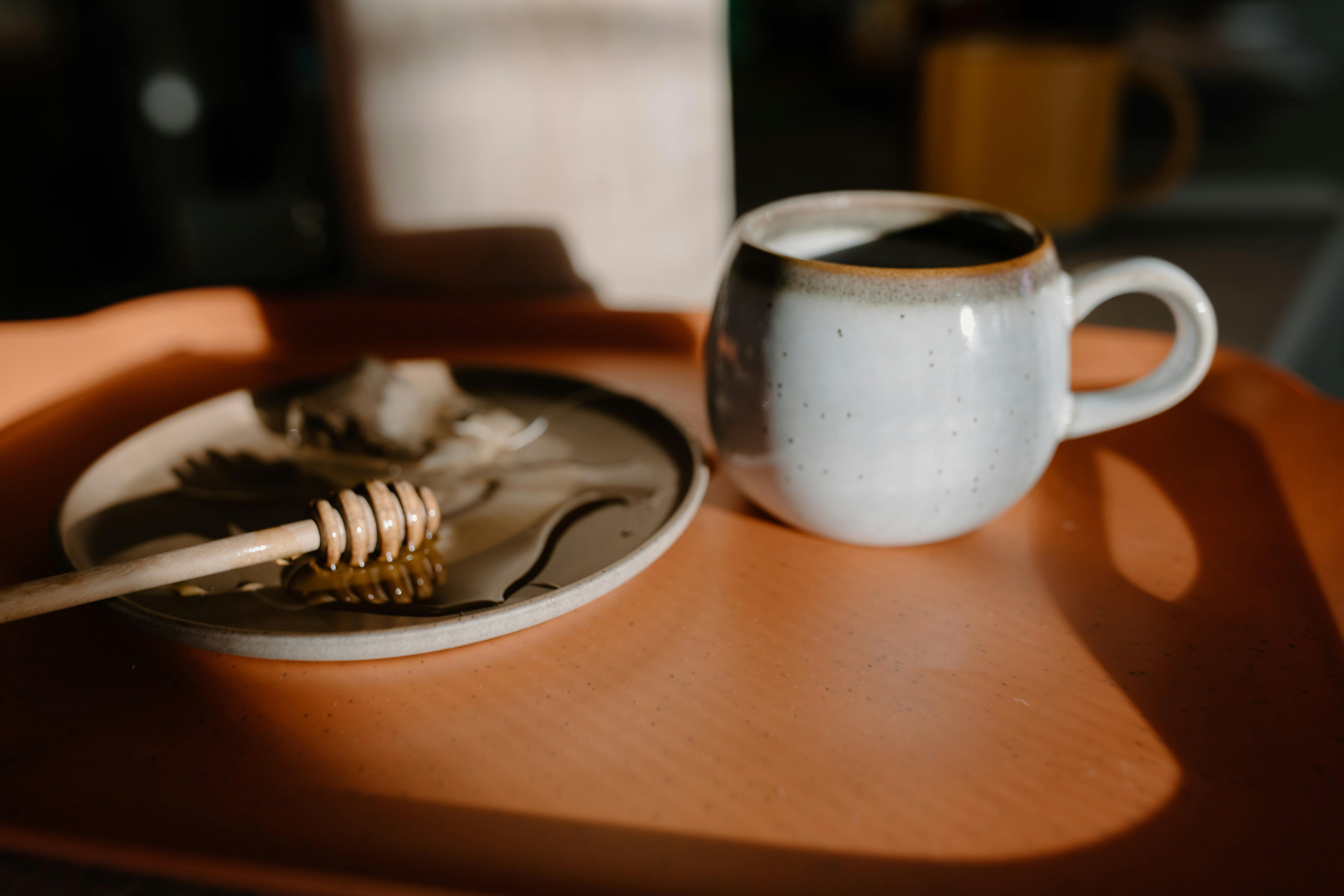
Why tea is relaxing
The world seems a lot more cozy and comforting when you’re holding a warm cup of tea. Have you ever wondered what makes tea so calming?
The experience involved in tea making and drinking, including the ritual of tea-making, the warmth from the tea, the environment tea is consumed in, and the role of aromatherapy may play a role in tea’s relaxing properties.
Some compounds in the tea itself also have relaxing effects. Naturally-occurring compounds in tea and other plant foods communicate with our bodies to produce health benefits. Some of these compounds include:
- Polyphenols
A class of plant compounds that have anti-inflammatory and antioxidant benefits that helps them fight damage to your body’s cells. There are many sub-classes of polyphenols, including flavonoids known as catechins.
One type of catechin present in tea is called EGCG (Epigallocatechin Gallate), which has been shown to reduce stress and inflammation as well as improve attention and focus. - l-theanine
An amino acid that helps your body produce feel-good neurochemicals like serotonin, dopamine, and GABA. - Caffeine
Many tea drinkers report that tea makes them feel simultaneously calm and alert. This may be due to moderate amounts of caffeine present in tea and the interaction between caffeine and l-theanine.
Teas for stress and anxiety relief
We live in a stressful world. Even if you’re not one of the millions of people with an anxiety disorder, you most likely deal with some feelings of stress and anxiety. In addition to behavioral tools, healthy eating, and lifestyle choices, drinking tea can also help with stress and anxiety relief.
Green tea
This tea contains the beneficial amino acid theanine that supports dopamine, serotonin, and GABA production and helps you feel calm. It also contains EGCG, which fights inflammation and lowers stress hormone levels.
Keep in mind that research on theanine demonstrated anxiety-reducing effects at a dosage of 200 mg, or about 8 cups of green tea.
Chamomile tea
Chamomile gets its anxiety-reducing properties from a plant compound (also known as a flavonoid) called apigenin. This naturally-occurring compound is found in some teas, as well as celery, onions, oranges, and herbs like thyme and basil. Apigenin acts on the same receptors in the brain that are targeted by certain anti-anxiety medicines called benzodiazepines.
More research is needed to determine the dose of chamomile extract or chamomile tea for anxiety reduction, but one study showed significantly lower anxiety symptoms after participants with anxiety disorders were given 500 mg of chamomile extract 3 times per day.
Keep in mind that chamomile tea does interact with some medications, so consult with your medical provider if you are considering drinking it regularly.
Peppermint tea
Steeping peppermint leaves in water gives us this popular herbal tea. Small studies showed a decrease in anxiety after inhaling diluted peppermint essence or drinking peppermint tea.
Lemon balm
This herbal tea has been used in traditional medicine for centuries and recent research has confirmed that it can promote feelings of calm and enhance treatment for anxiety. More research is needed to determine the necessary dose of lemon balm tea to reduce anxiety.
Lavender tea
Although most studies on lavender for anxiety have been small to date, there is some promising research on lavender oil capsules and tea. One small study showed lower anxiety scores after consuming 2mg of lavender tea (about one tea bag).
Other herbal teas
Many herbal teas are promoted for their anxiety-reducing properties, including passionflower and valerian. There is not enough evidence to clearly link these herbal teas to anxiety reduction at this time.
It is important to note that valerian does interact with some medications, so consult with your doctor if you plan to use it on a regular basis. Passionflower is not recommended for pregnant people due to its potential for causing uterine contractions.
Caffeinated teas and anxiety
Although intakes of caffeine of 400 mg or more have been associated with increased anxiety, the amount of caffeine in most teas is much lower. The amount of caffeine in tea depends on the type of tea as well as steep time, but generally 6-8 ounces of tea contains 14-61 mg of caffeine per serving. Even if you have anxiety, caffeinated teas can be consumed in moderation.
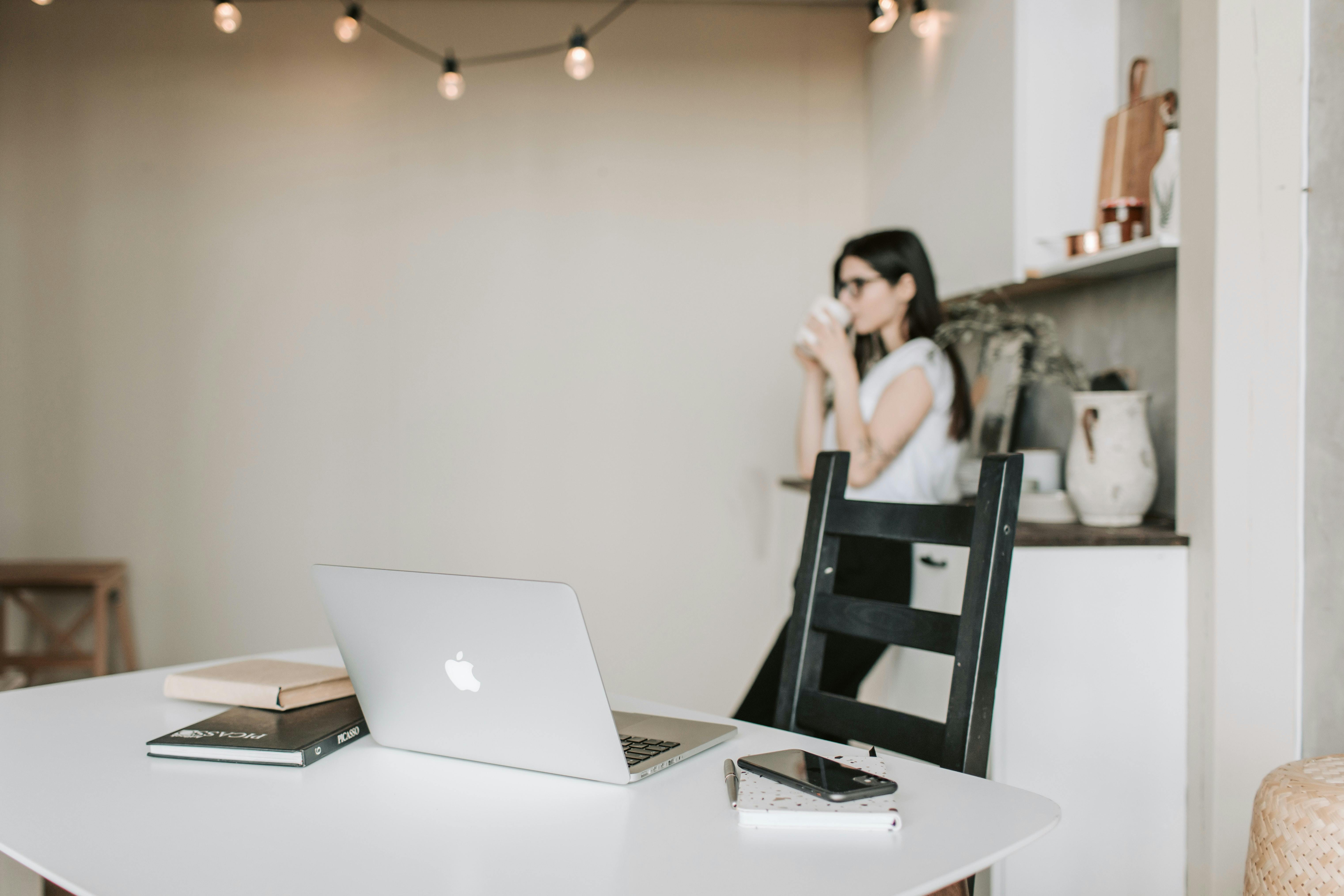
Best tea for an upset stomach
Dealing with an upset stomach can make life more stressful. Digestive problems can also be a side effect of some medications. Luckily, tea can have soothing effects in your stomach, too.
Peppermint tea
This calming herbal tea acts on your digestive tract by relaxing the muscles of your intestines, which eases pressure, decreases bloating, and relieves pain. This may trigger acid reflux in people who are prone to this condition but is helpful for some, including people with IBS.
One study of people with painful menstrual periods showed that taking peppermint oil capsules helped relieve menstrual pain as effectively as NSAID pain relievers.
Ginger
Ginger is a well-known home remedy for nausea, and there is some research to back up that claim. Ginger decreases pressure and increases movement in your digestive tract, which helps with reducing nausea, bloating, and indigestion.
Ginger has also been studied extensively in pregnancy, with a dose of 1 g per day shown to be helpful for decreasing nausea and vomiting. Some studies in other populations demonstrated a benefit at 1.5 g ginger per day. The amount of ginger in tea varies based on the type and preparation method used.
You can buy ginger tea in teabags or make your own at home by steeping a knob of peeled ginger in boiling water for 10-12 minutes, then straining the mixture.
Ginger does interact with some medications, so consult with your medical provider if you plan to make ginger a regular part of your diet.
Chamomile
In addition to soothing stress and anxiety in the brain, chamomile tea is also soothing for your digestive system. Chamomile relaxes the muscles of the digestive tract, which can decrease negative GI symptoms like gas, bloating, nausea, and diarrhea.
Teas for better sleep
Tea is often suggested as a way to unwind before bedtime and promote more restful sleep. If you’re one of the millions of Americans who have trouble sleeping, a bedtime tea routine may be worth a try.
The decaffeinated herbal teas mentioned in this post for stress and anxiety can all help with sleep because of their calming effects. (This includes chamomile, peppermint, passionflower, and lemon balm.)
This is especially true for chamomile and passionflower, which have been specifically linked to better sleep quality.
Take-home points:
- Both true and herbal teas have numerous calming effects on the brain and digestive system because of the beneficial plant compounds they contain.
- The current research on tea does come with limitations. Some studies used essences or capsules instead of tea bags, used very high doses, or watched participants over a long period of time, so you may not experience benefits from just one cup of tea.
- Some herbal teas can interact with medications, so you should consult with your medical provider if you are considering making certain teas a regular part of your diet.
- Despite the limitations, tea can be a low-risk and enjoyable way to incorporate beneficial plant foods into your eating pattern.
Do you need help with improving your eating habits? Cerebral offers nutrition management services in select states. Try taking our nutrition assessment today.
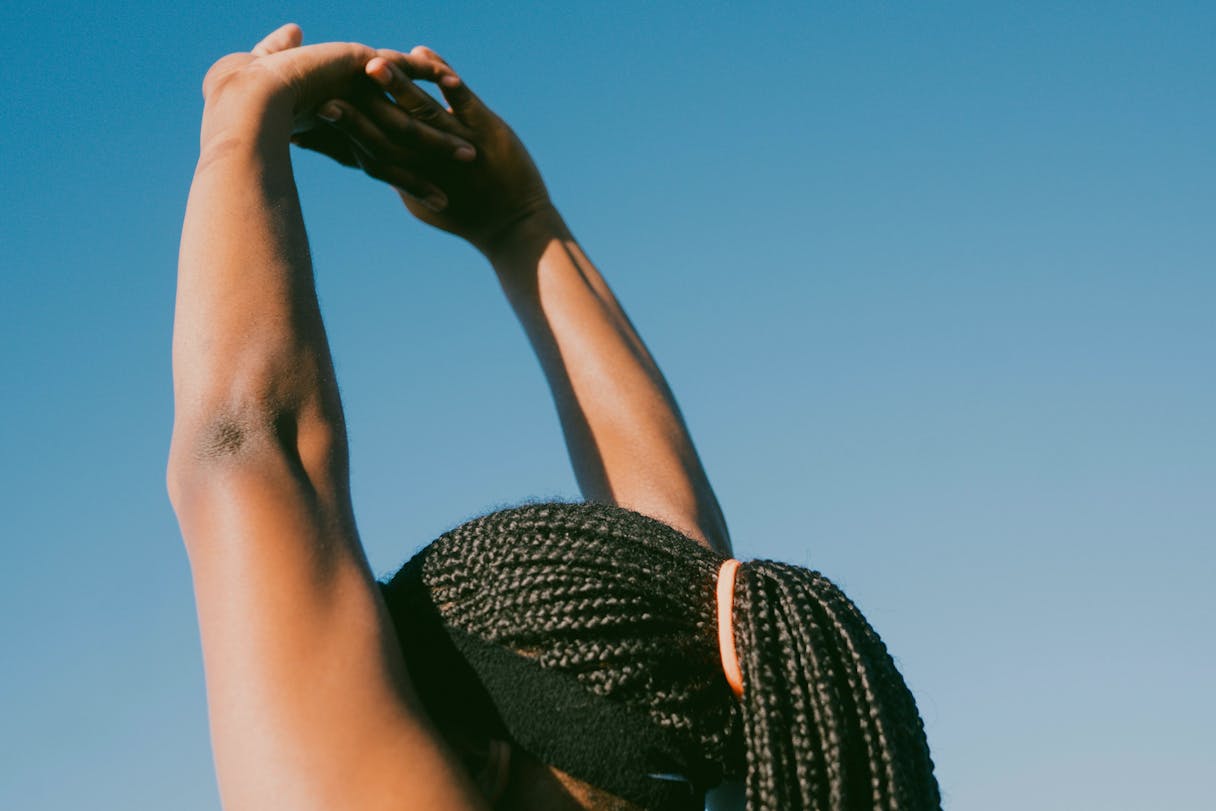
6 Self-Care Tips for Stress and Burnout Recovery
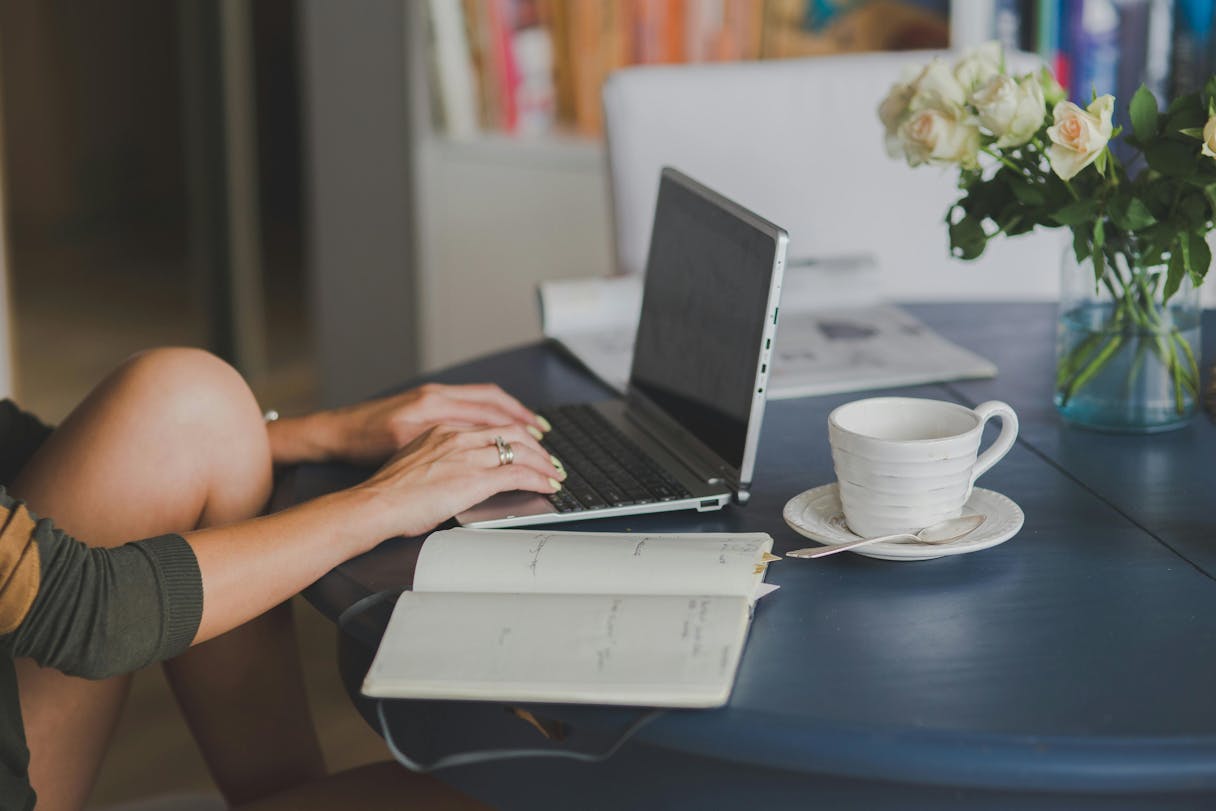
How to Overcome Procrastination
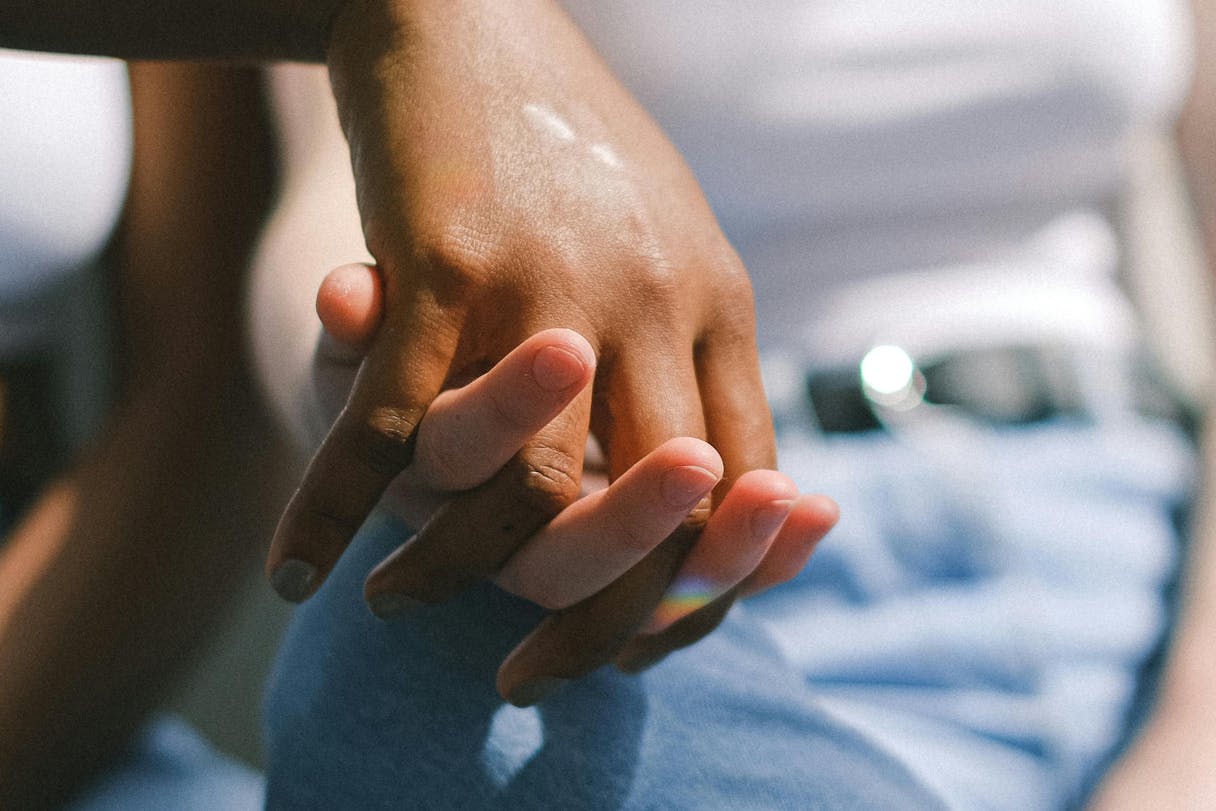
Relationship Anxiety: Understand the Signs and Ways to Cope

Call 911 if you’re having a
mental health emergency
Text Home to 741-741 if you're in emotional
distress and need immediate support
Call or text 988 Suicide &
Crisis Lifeline. Chat service
is available at 988lifeline.org.